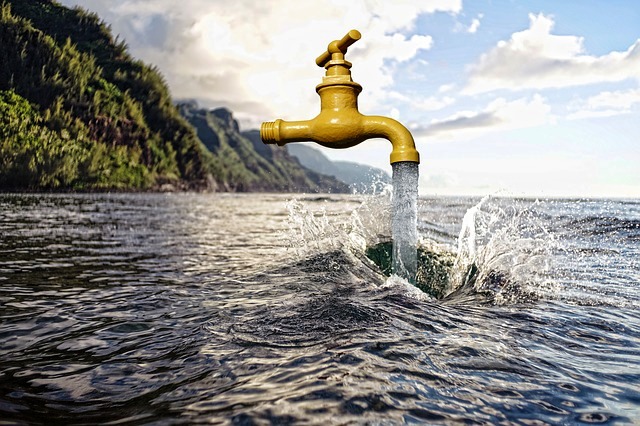CSR: Providing Safe Drinking Water
Related Articles
DCGI Alerts on Stolen Insulin Batch in Odisha, Warns About Potential Risks
The Drugs Controller General of India (DCGI) has issued an alert regarding the theft of a specific batch of Sanofi India's insulin product, Lantus...
HDFC Bank का बड़ा फैसला: UPI से ATM निकासी अब फ्री लिमिट में शामिल, 1 अप्रैल 2026 से लागू होगा नया नियम
देश के प्रमुख निजी बैंक HDFC Bank ने ग्राहकों के लिए ATM से जुड़े नियमों में अहम बदलाव किया है। बैंक ने घोषणा की है कि 1...
रत्नागिरी में पेट्रोल-डीजल की कोई कमी नहीं, अफवाह फैलाने वालों पर कार्रवाई – कलेक्टर मनुज जिंदल
रत्नागिरी जिले में Fuel Shortage Rumours को लेकर फैली चर्चाओं के बीच जिला प्रशासन ने साफ कर दिया है कि यहां पेट्रोल, डीजल, CNG...


